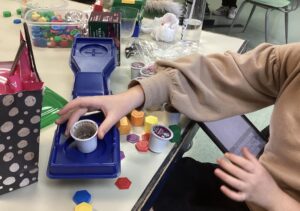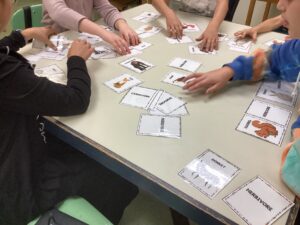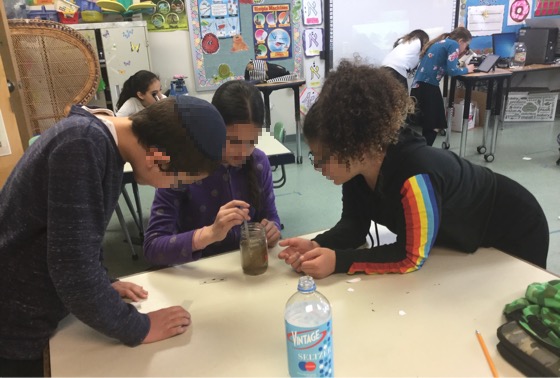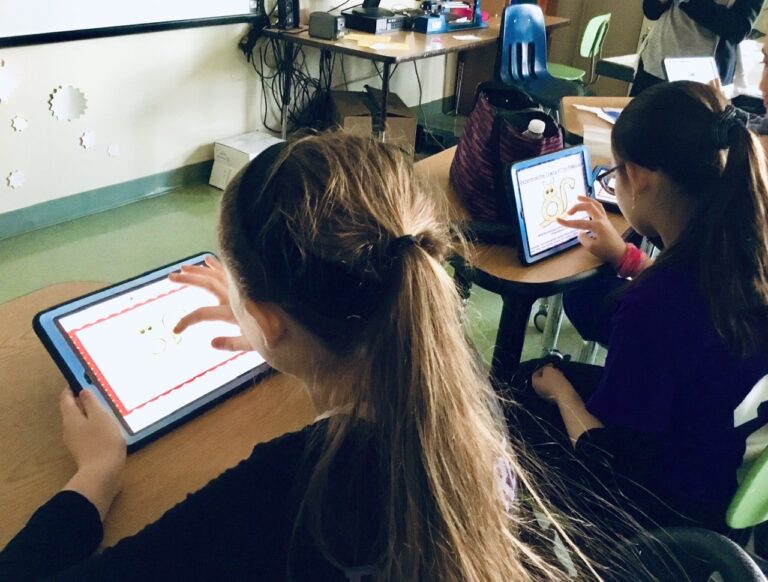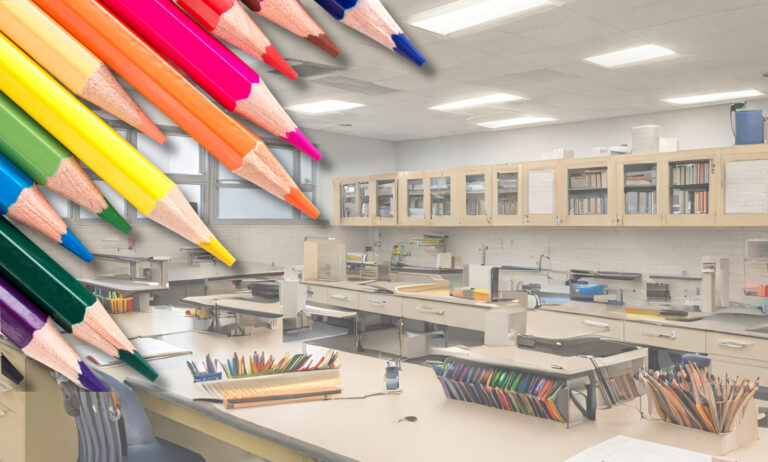72 Tips Your College Never Told You About Being A Teacher
What your college never told you about teaching is a lot! Are you a newer teacher? You have probably realized that teachers are basically expected to “learn on the job” in many essential areas. Unless you have a full time mentor teacher, it can be very scary!

72 Tips Your College Never Told You About Being A Teacher
Updated March 29, 2023
After teaching middle school science for over 35 years, I have seen many young teachers struggle with the HUNDREDS of tasks we have to complete on an average day. I’m going to try to sort through the important points here. What should you keep in mind FIRST? These are what I HOPE mentor teachers are telling you.
What Your College Never Told You About Teaching Overall
- Teach the student, not the content!
- Daily routines save your sanity.
- Watch other teachers every chance you have, especially those that are teaching the same kids.
- Be yourself and relaxed in front of the class. Don’t try to be something you aren’t. It’s not sustainable.
- Don’t bring your emotions from home to class.
- Remember that EVERYTHING you say or do, (good or not so good), may be mentioned at the student’s dinner table that evening.
- Use teachable moments whenever you see them.
- If you weren’t given a mentor, find a friendly teacher to answer your questions or request a mentor from administration.
How to Learn to Set Work/Home Boundaries
- Don’t answer emails after a certain time, once you are home.
- Leave school at your contracted time(use all planning periods effectively to make this possible)
- Do YOUR job only, not the job of many others.
- Respectfully say “no” to extra, non contracted jobs.
- Change your clothes when you get home and don’t think about school.
- Don’t bring your school issues home to your spouse/family. Keep a journal instead.
- Do things you enjoy that relax you.
How to Deal with Others in the School
- Kids remember how you made them FEEL, more than the content.
- Stay away from negatively at school. AKA- teacher’s lounge.
- Trust no one. It’s sad to say, but be very careful who you confide in.
- Avoid #quittok, #teacherquit, etc. It is draining and unproductive.
- Parents are in your classroom ALL THE TIME. As stated above, everything you say or do is being observed. Don’t let it panic you, just keep it in mind.
- Your smile could be the only one a student sees all day. Use it often!
- Befriend the office staff, janitors and staff. They will have your back when you need help.
- Accept that you WILL have difficult parents. Check out my post Dealing With Difficult Parents as a Teacher
- Never, ever have a power struggle with a student. You will lose.
- Invite parents that have science careers to come in to speak. Take lots photographs and add it to the school’s social media. This builds community relationships.
Being Self Sufficient Is So Important
- Learn the technology, so you don’t depend on others.
- Know your schedule well.
- Check all administration emails often for any changes.
- Know how to use your lab equipment.
- Learn the copy machine and who to ask for help quickly.
- Read and remember the IEPS or other accommodations your students need.
- Know how to order supplies.
- Keep a YouTube playlist with tutorials you may need to remind yourself.
College Never Told You How to REALISTICALLY Plan
- What is your end goal? Use reverse planning for the year, the day and class period. (Planning Lab Activities For Middle School Science Class)
- Use a curriculum map, so the year is in your mimd as you plan all year.
- Learn new strategies and content to keep you from getting stale.
- Practice all labs and activities first. Never go in cold!
- Don’t reinvent the wheel. Use the many resources available.
- Structure projects carefully for efficiency. Keep students accountable at every step.
- Keep a journal of what you taught and any tips for yourself. You will thank yourself 1000x!
Were You Taught How to Organize Yourself as a Teacher?
- Don’t grade everything- only track those students that didn’t do the work.
- Teach executive functioning skills to the kids- the more organized they are the easier your job.
- Document EVERYTHING in easily accessible files.
- Have a sub folder/ binder always ready. Plan for at least three days.
- Have backup activities ready for any lesson that ends too early or is flopping. Don’t plod ahead with a dying lesson!
- Set up your retirement fund and financial planning EARLY in your career in case you need a safety net.
- Organize your lunch/snacks for the week, so you don’t grab junk, which sucks your energy.
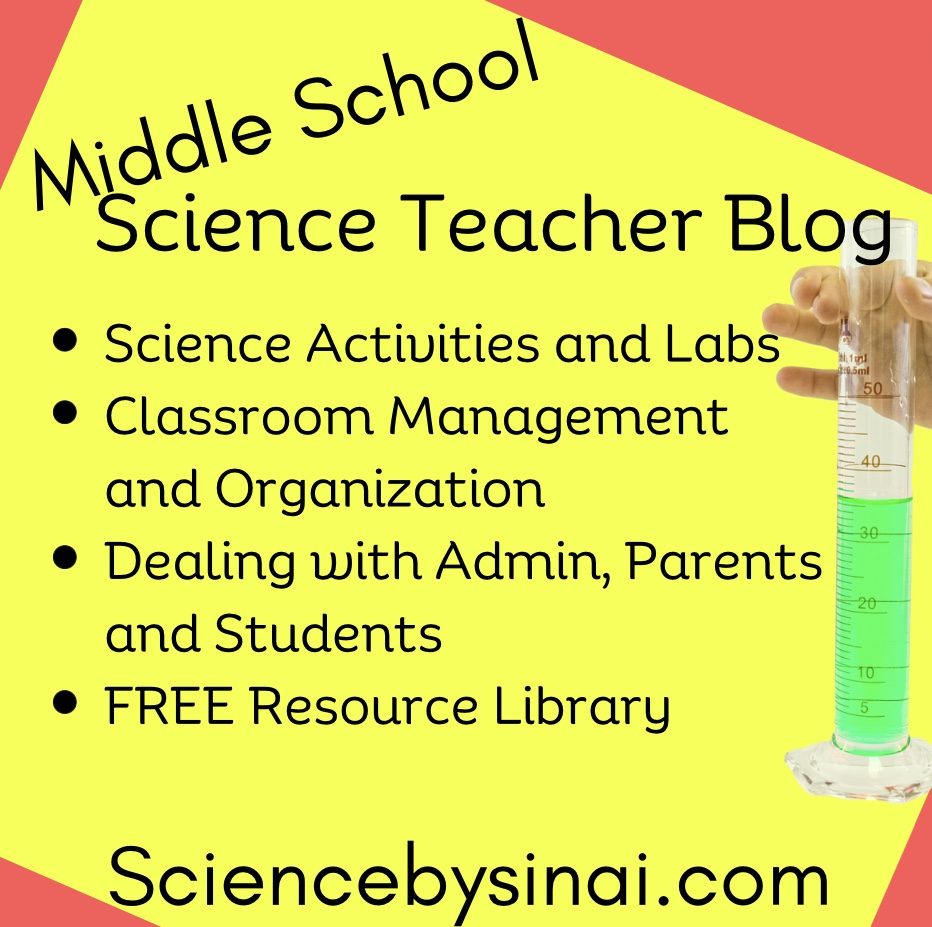
Classroom Management is The Hardest Part of Teaching
- Keep routines!
- Make sure YOU AND YOUR STUDENTS know your expectations and don’t change them.
- Know your “script” everyday. You don’t want long pauses as you fuss for notes or seem unsure. I started by literally saying it in my car.
- Keep bullet points of what you want to cover nearby.
- Have an activity as soon as kids arrive. (6 Types of Science Bellringers to Start Your Class)
- Be aware of the clock all of the time! No rushing or there will be accidents and stress.
- Use reverse planning(mentioned above)as you keep end of class in mind.
- Use small amounts of lab materials and take videos, if possible, to watch over and over(13 Ways Using Photography Helps You Teach Science)
- Plan student groups ahead. Don’t let them choose their own for important activities.
- Have an accountability system in place. I use Digital notebooks so can I check student progress randomly. I assign points for many aspects, such as project check ins.
- Make sure students understand the areas of the room that they may not touch, especially your desk.

Dealing With Administrative Observations May Be Something Your College Never Told You
- Don’t perform. It’s not natural and if things don’t go as planned you won’t feel comfortable.
- Plan, plan, plan. If you are confident than it’s no big deal to be watched.
- Have a “back pocket activity” in case the students finish too quickly, or the lesson is tanking. Administrators will probably not even realize it.
- Start preparing for that observation on the first day of school! (How to Survive the Formal Teacher Observation of Your Science Class). If the kids know routines, then they will do it automatically.
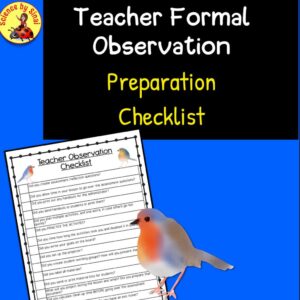
Setting Up Your Classroom Is A Work in Progress
- Keep tweaking the set up that works for you.
- Is your desk in the optimum location for flow and classroom observation? Are there any “dead areas” that you can’t see easily?
- Take pictures of your classroom to have for the following year. This makes it so much quicker to set up in August
- Is your classroom attractive but not necessarily Pinterest worthy?
- Is the room clean? Have students clean up after themselves. Have routine clean up rules for after activities.
- Have basic materials on hand to carry out most middle school activities. Avoid impulsive purchases. Utilize an inventory and a checklist.
- Find free things online.
- Ask administration if you can send out a request form to the parents for any science objects they would like to donate. Ask students to bring in any recyclables that they can use for projects. I get tons of toilet paper rolls for projects plus random animal bones, mounted insects, etc. If you don’t ask, you’ll never know!
- Laminate EVERYTHING!
Conclusion
Let’s face it, colleges do little to prepare new teachers for the actual daily life of a teacher. Finding a mentor and resources is essential. Just remember, you are not alone and your problems are not new. Use us veteran teachers to get through the basic essentials right from the beginning!
This blog is for newer and older middle school science teachers to learn and share with each other. I hope I helped by taking a few things off your list of questions!





